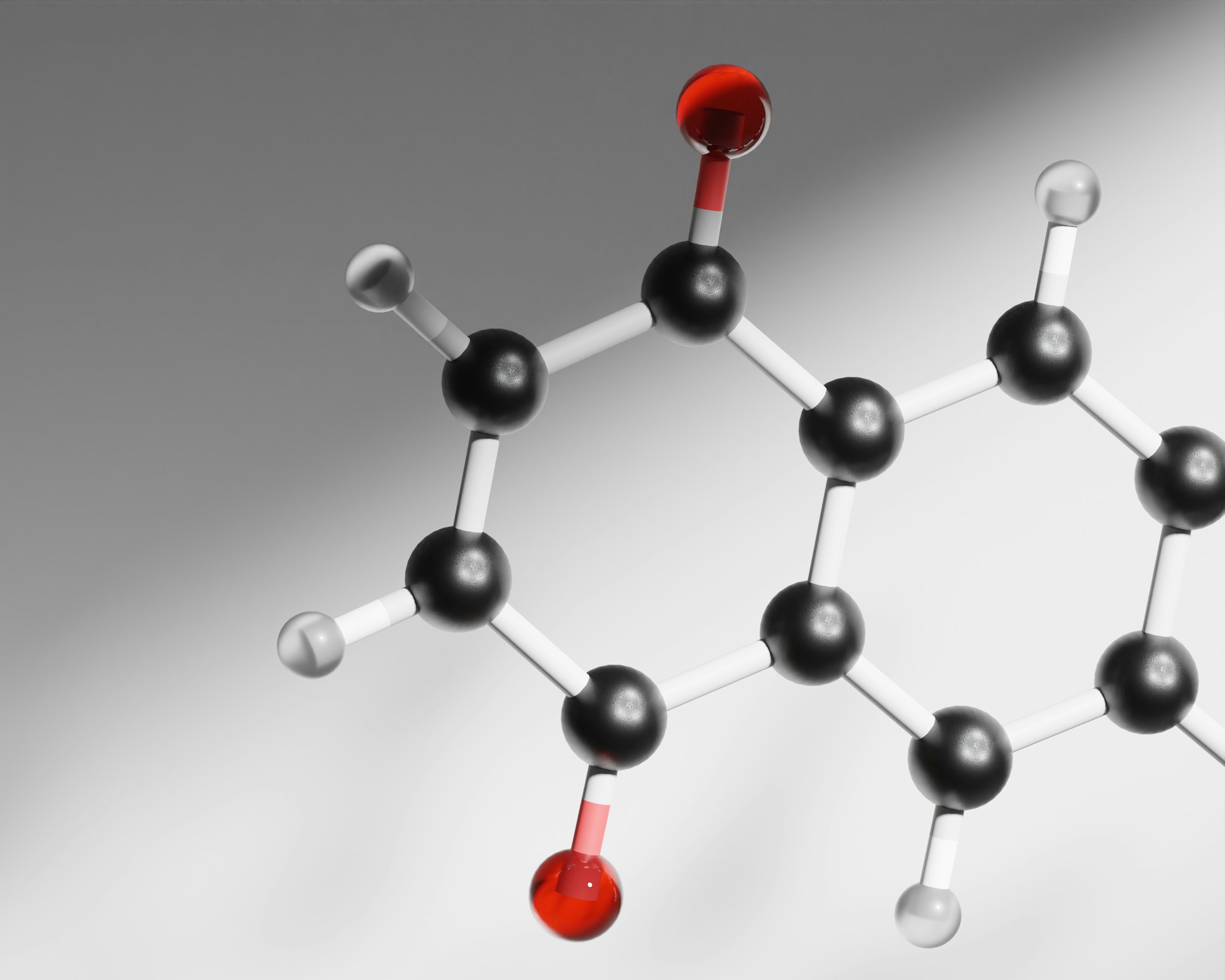The current UK population consumes an average of about 8.5g/day of salt, more
than 2g/day above the maximum recommended daily amount. This is worrying given
its well-known health implications. Salt raises blood pressure, increasing risk of heart
disease and stroke. One in three of UK adults have high blood pressure, and as
many people are symptomless, one in three of these individuals are unaware of their
health problem. Now cognitive dysfunction may be an additional implication of a high
salt diet.
Published in last week in Nature Neuroscience was a paper from Weill Cornell
Medicine, finding that a high salt diet causes neurological defects in mice. Mice were
given a diet containing 8-16 fold higher salt content to their normal diet,
mimicking sustained high salt intake in humans. The rodents showed significant
reductions in cerebral blood flow to the cortex and hippocampus, the areas of the
brain involved in learning and memory. This led to development of dementia,
suggested by poorer performance an object recognition test, a maze test and nest
building.
The mechanism by which components of the diet led to impaired functioning in the
brain was also partially elucidated. An immune response in the gut was induced by
the high salt content; an increase in activity of a class of T helper
lymphocytes, called TH17. These lymphocytes amplified production of a protein that
regulates immune response, interleukin 17 (IL-17). After migrating with the blood
flow around the body, IL-17 accumulated in the vasculature of the brain. Here, it
supressed nitic oxide production in endothelial cells, reducing blood flow to the brain
and causing the observed cognitive dysfunction.
Crucially, the biological effects of
the high salt diet could be reversed, either by reversal of the high salt diet or by drug
treatment. Rho-kinase (ROCK) inhibitor is a drug known to prevent the suppression
of nitric acid activity. This reduced IL-17 levels, and symptoms of neurological
defects. Therefore, in addition to the mechanism by which high salt causes cognitive
dysfunction, a potential drug treatment was also shown to be effective.
This study found the first evidence that salt can induce neurological dysfunction,
independent of an increase in blood pressure. Further research will reveal if the
findings can be extrapolated to humans. Yet regardless of the outcome,
the list of high-salt induced health problems is already extensive, warranting
the need for a reduction in salt intake across the UK population.





